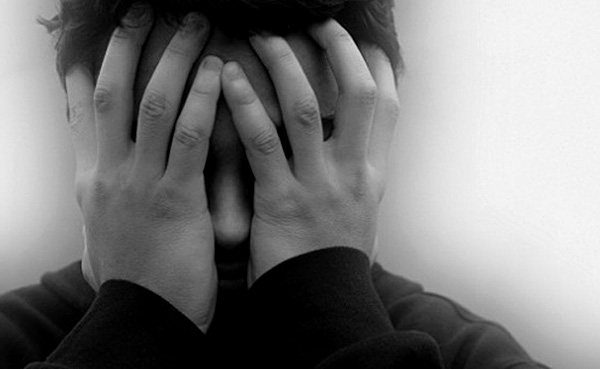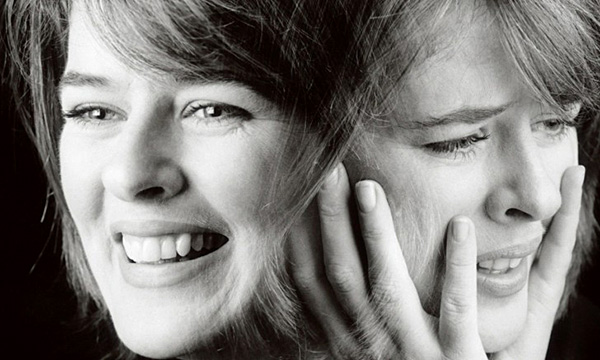Disorganized Type
Dominant in disorganized type are; disorganized language, disorganized behavior and flat or inappropriate emotion. Disorganized language may be accompanied by laughter that is not closely related to the language content. Disorganization of behavior (ie lack of orientation toward a goal) that can lead to severe rupture, the inability to perform certain activities of daily life (eg showering, dressing or preparing meals). It is possible for an individual to have delusional ideas and hallucinations, but they are fragmented and not organized into a coherent theme. Individuals with disorganized schizophrenia show mannerisms and bizarre behavior.
Catatonic Type
In the catatonic type, a psychomotor disorder dominates, involving immobility, excessive activity, extreme negativism, mutism, quaint fancies of voluntary movements, automatic repetition of gestures or words of others. Excessive psychomotor activity is devoid of purpose and is not influenced by external stimuli. There may be an extreme negativism which is manifested by maintaining rigid positions in spite of all attempts to be moved or by the resistance to all instructions.
Undifferentiated Type
In this case may occur several types of symptoms of schizophrenia.
Residual Type
In individuals who are diagnosed with this type of disorder, there was at least one episode of schizophrenia, but currently it does not manifest positive, psychotic symptoms. Individuals continue to exhibit negative symptoms or two or more attenuated positive symptoms. If delusional ideas or hallucinations are present, they are not prominent.
What are the possible causes?
The exact causes of this disorder are not yet known. The symptoms appear to be caused by a biochemical imbalance in the brain, certain biological changes in the brain’s key functions, such as those that govern perceptions, emotions and behaviors. The researchers believe that their neurotransmitters (dopamine, serotonin and others) are in excess or deficit from normal levels and have a role in triggering and maintaining the disease. The limbic system (the headquarters of emotions), the thalamus (center of transmitting messages) and other important brain regions may also be affected. The activity of these chemical substances, called neurotransmitters, is largely regulated by genes, and it seems that certain genetic factors play a role in schizophrenia. Environmental factors may also have an influence. Although there is no agreement among researchers, it would seem that trauma before or during birth; place of birth and viral infections may contribute to the disorder.
What can be done?
Even if it is a serious brain disease, it can be treated and cured to a certain extent. Here are some methods of treatment:
- Support for the recovery and prevention of the returning disease. There is growing agreement on the beneficial effect of discussions with people who have gone through the same experience with the disease. It is recommended to get in touch with people that are in a similar situation, be it individuals or groups, and share experiences related to the disease. It seems like this help recovery.
- Family support. It’s good for the family to request information and advice from approved persons or to follow educational programs in order to develop and shape skills to cope when someone close, shows this sickness.
- Hospitalization. People who experience acute symptoms of schizophrenia may require intensive treatment, including hospitalization. Hospitalization is necessary to treat severe hallucinations or delusional ideas, severe suicidal thoughts, to fill inability of caring or to treat serious problems with drugs or alcohol. Hospitalization may be essential to protect people (injuring himself or others).
- Medication. The essential drugs for schizophrenia are called antipsychotics. Antipsychotics helps relieve the positive symptoms by correcting the chemical substance imbalance that make possible the communication between brain cells. Just as with drug treatments for other physical illnesses, it is possible that patients with severe mental disorders, to try several different antipsychotic before finding the drug or combination of drugs that have the best effect. All medicines have side effects. Different medications produce different side effects, and people differ in the number and severity of side effects they experience. Side effects can be treated by changing the dose or drug, or by treating the side effect directly with another drug. People who are considering to change drug therapy should have accurate information to consider risks and benefits, and discuss with the doctor and family to get a safe and effective treatment.
- Psychosocial Rehabilitation. Research shows that individuals with schizophrenia who attend structured psychosocial rehabilitation programs and also continue their medical treatment, cope with the disease better. Such programs can help those affected to manage life when they are outside the hospital and live independently.
Available treatments can relieve the symptoms of the disorder, but most affected people must cope with residual symptoms throughout their life.

